The SERINGUEIRA | REDD+
Verra ID 4165: CCB triple gold, AUD APD
The Seringueira Project falls under the category of Reducing Emissions from Deforestation and Forest Degradation (REDD) in the Agriculture, Forestry and Other Land Use (AFOLU) sector.
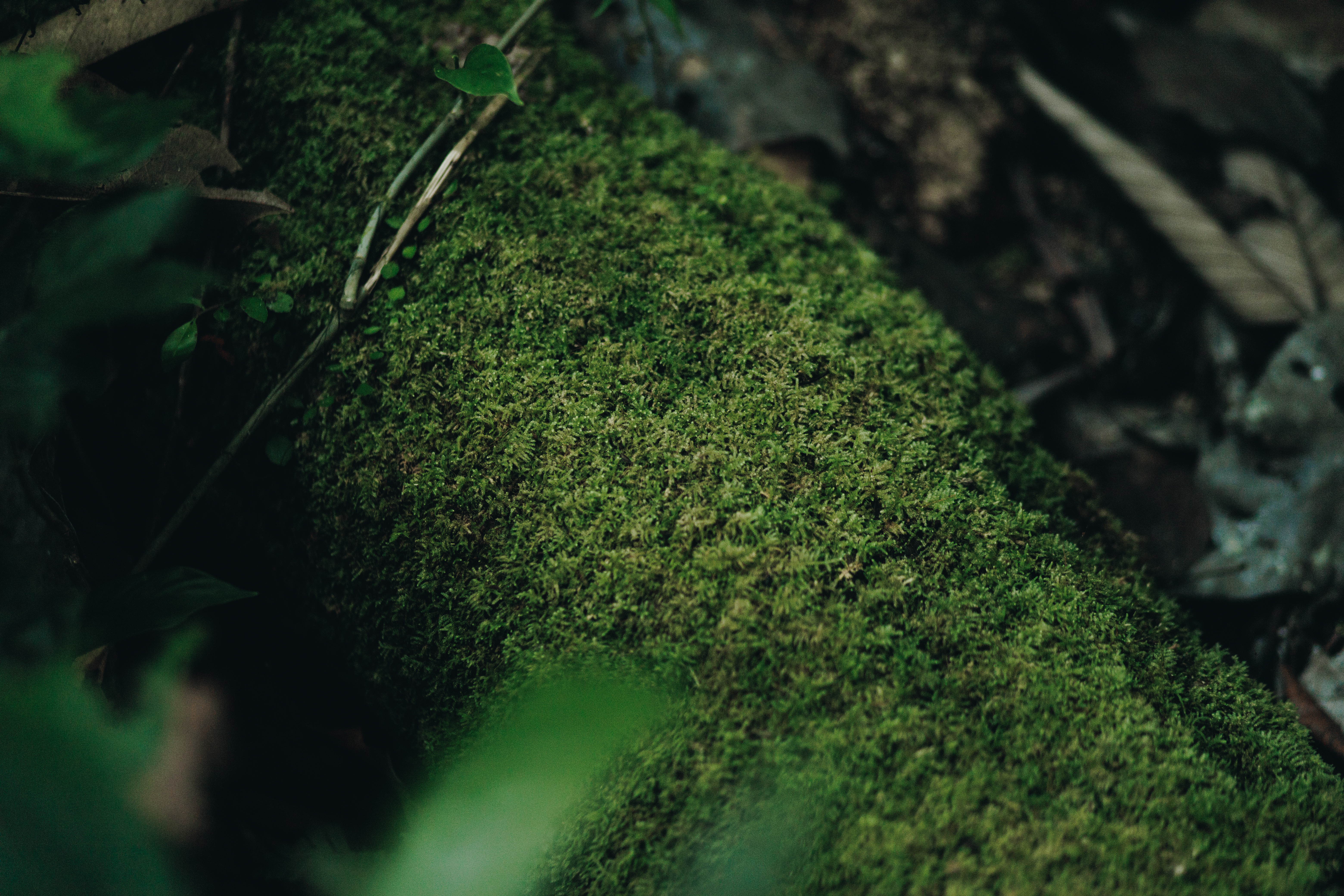
The Project is being developed in Ipixuna, State of Amazonas, Brazil.
According to data from the PRODES system (INPE), the municipality of Ipixuna is among the 50 most deforested municipalities in the country (37th in 2021), presenting between 2008 and 2022 an accumulated deforestation increase of 91.32 km2.
Seringueira Project developed by Terra Vista company.
The development follows the Verified Carbon Standards (VCS) REDD+ AUD and APD guidelines and the triple gold Climate, Community and Biodiversity (CCB) standard.
Verra developer ID: 1840 Verra ID: 4165
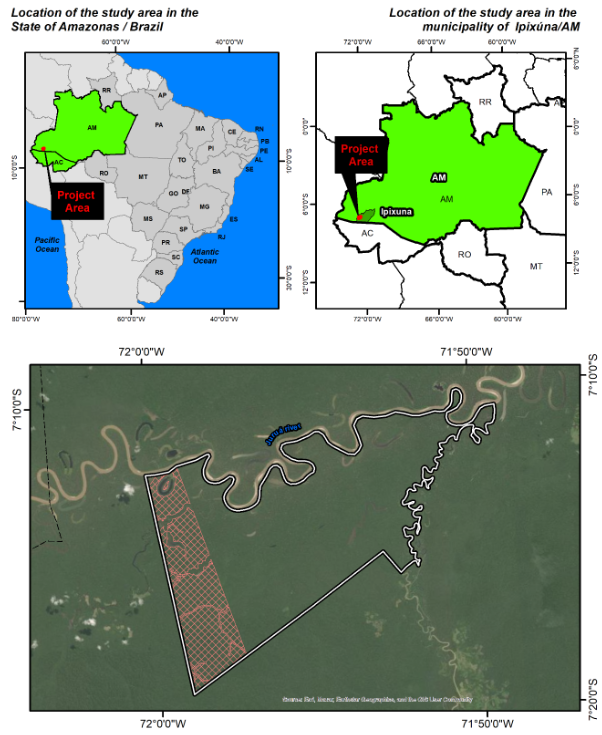
O projeto conservará 71.822,56 hectares de Floresta Amazônica nativa, sendo parte destinada a evitar o Desmatamento Não Planejado (AUD) (57.349,96 ha), outra parte a evitar o Desmatamento Planejado (APD) (14.158,28 ha) e os demais hectares correspondentes a recursos hídricos (314,32 ha).
Estima-se que ao final do projeto será evitada a emissão de 23 milhões de toneladas de Gases de Efeito Estufa (GEE) (tCO2e).
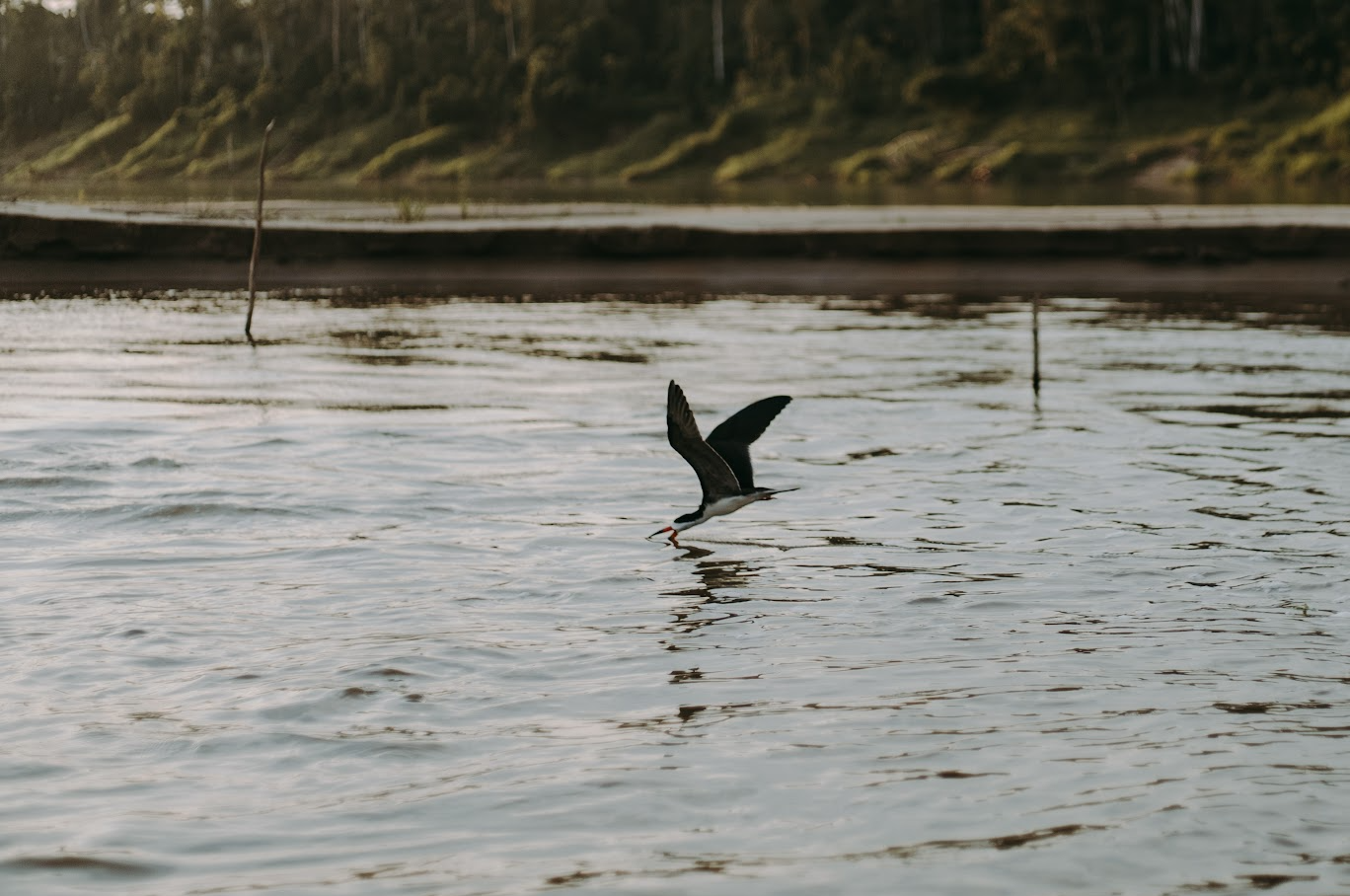
According to the vulnerability criteria described by the CCB, the Seringueira project provides exceptional benefits for biodiversity as it presents species classified as endangered and critically endangered with extinction according to the IUCN Red List.
Preserving forest cover also plays a crucial role in sustaining vital ecosystem functions, such as nutrient cycling, and ensures the provision of ecosystem services carried out by living organisms, such as pollination and carbon sequestration.
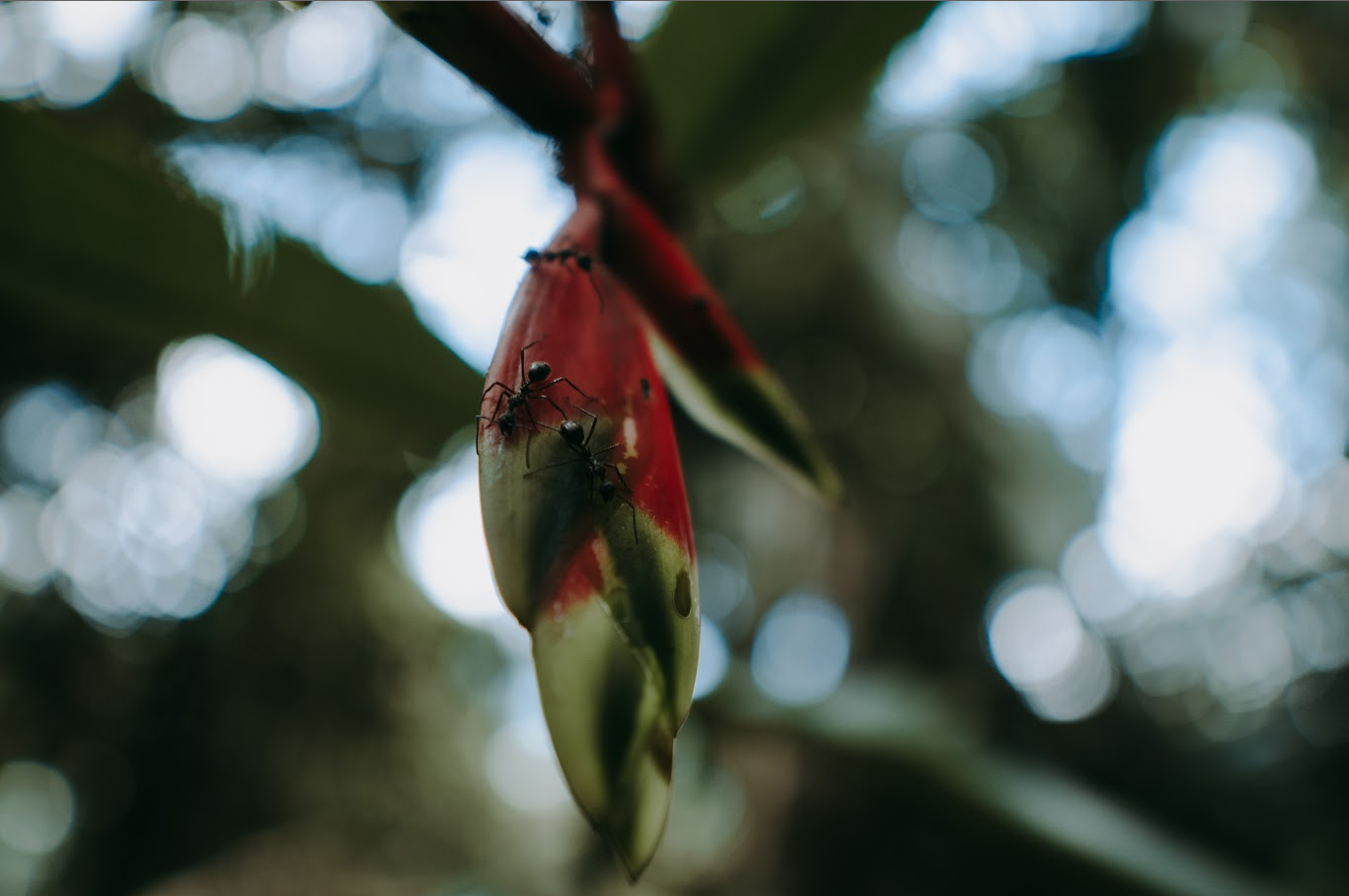
Preserving forest cover also plays a crucial role in sustaining vital ecosystem functions, such as nutrient cycling, and ensures the provision of ecosystem services carried out by living organisms, such as pollination and carbon sequestration.
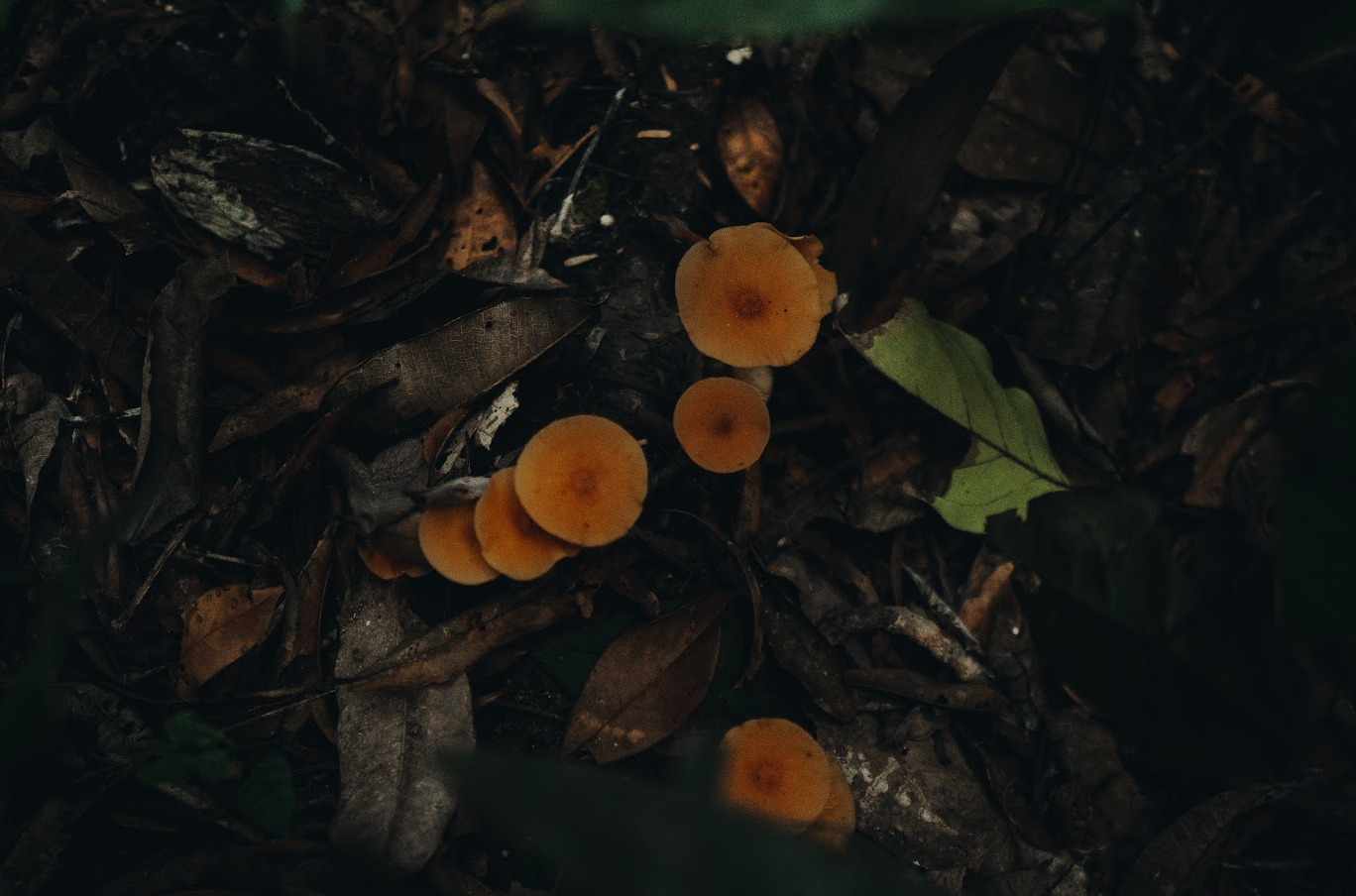
Approximately 520 morphological tree species were identified, spanning across 242 genera and 80 botanical families.
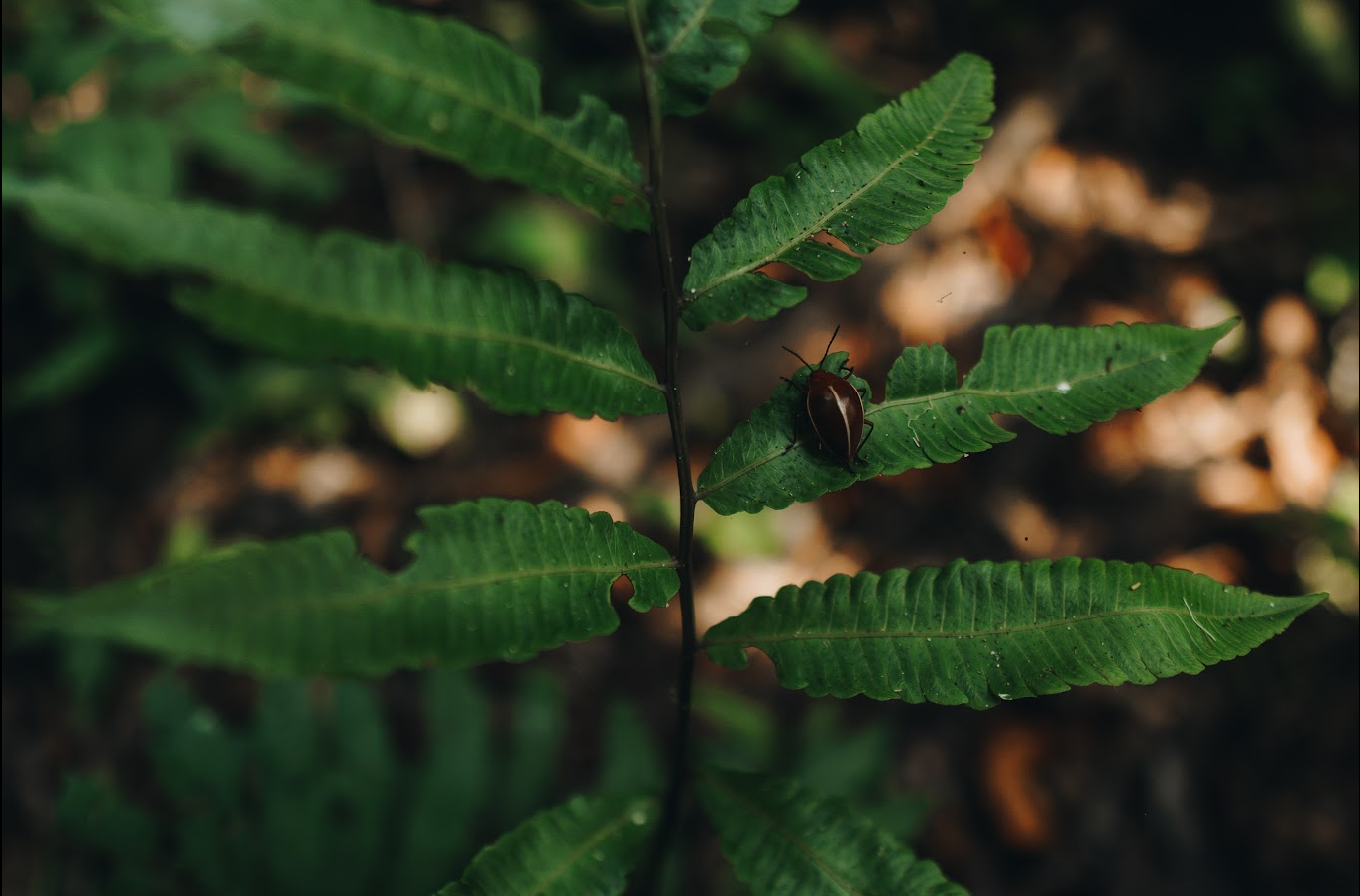
The mammalian fauna consists of approximately 231 species. Five of the recorded primates in the region are exclusive to Brazilian Amazonian environments.
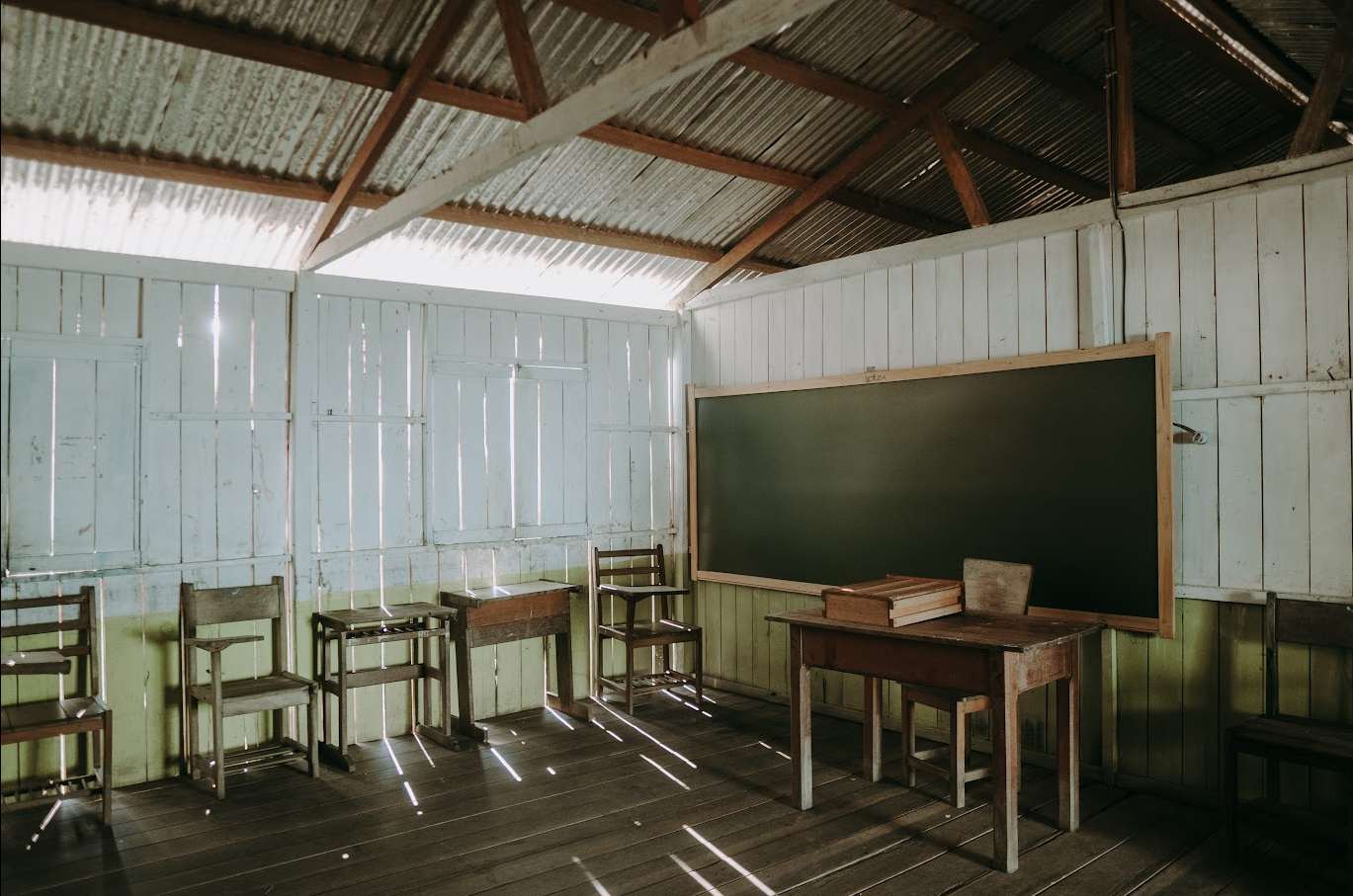
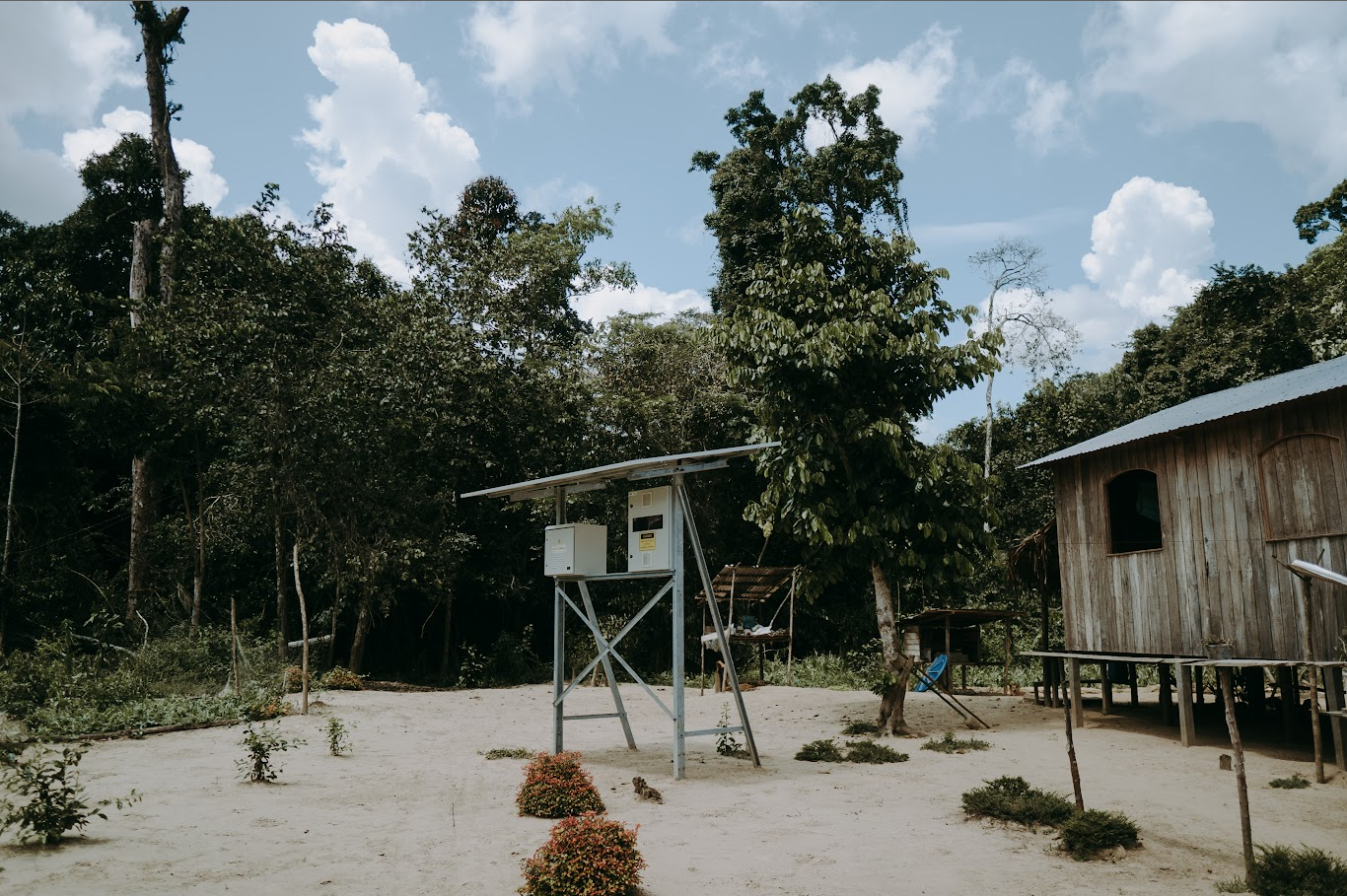
Local communities, encompassing 47 families, will receive benefits through initiatives focused on social engagement, education, digital inclusion, healthcare, water access, job creation, as well as training and skill development, rural extension, and infrastructure improvement.
A Social Impact Monitoring Program, guided by the Sustainable Livelihoods Methodology (SLM), has been developed to track changes in the quality of life among community members and assess project effectiveness.
Next Project Milestones for Seringueira:
Explore the Seringueira Project visually in detail. Here, we have gathered a carefully chosen selection of images that capture the essence and most significant aspects, offering a comprehensive view of all the work developed
Consult the channel below for more information:
Do you have any complaints about our projects? Then access our reporting channel at https://my.safe.space/company/terravista. Rest assured, reports are made anonymously.
Whistleblower Policy
DownloadEthics and Conduct
Download